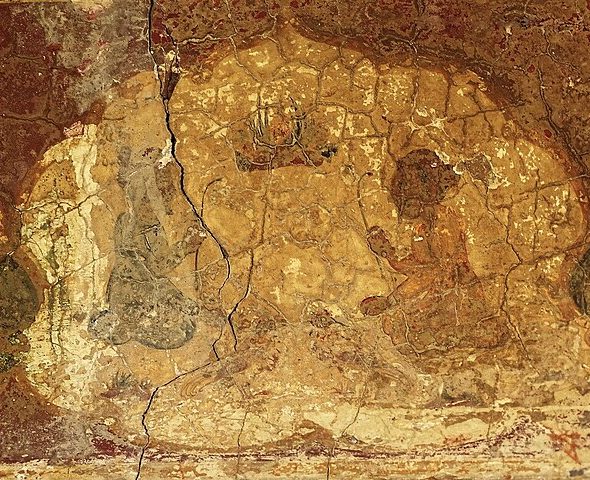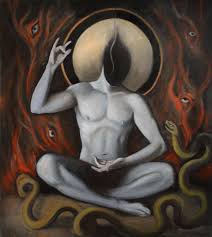Anoop Singh (1910 - 1989) was a lawyer by profession, hailing from the North-West Frontier Province of undivided Punjab. A lover of every good thing in life, he came to writing poetry seriously very late in life but his output compensated his late-coming both quantitatively and qualitatively. The most striking feature of his verse is his thought-content. Evidently, he owes this to his age; maturity of outlook on life, wealth of experience, and the asset of erudition that he gathered over the years. An admirer of Saadi and Hafiz, Meer and Ghalib, Iqbal and Faiz, he was equally knowledgeable about the Vedas and the Upanishads, the Ramayana and the Mahabharata.
Attar Singh is a famous critic. He has so far published three collections of critical essays—Kavya Adhyayan (Study of Poetry), Drishtikon (Viewpoint), and Samadarshan (Perspectives). In his view, it is the first duty of progressive literature to fight against those tendencies that would tie literature to reaction. This can best be done, according to him, by enlightened progressive thinking, if it offers intellectual guidance to social forces and leads them to the ideal stage of social evolution, socialism. He admits that in literature, viewpoint and motive flowing from the uniqueness of the writer\'s experience must be artistically patterned.

Nandram, one of the poets who kept Guru Gobind Singh (1666-1708) company, was the son of a well-known Sufi poet, Vali Ram. He had been in the service of Dara Shukoh, who, having lost the struggle for succession to his father\'s throne, was executed by his brother, Emperor Aurangzib, in 1659. When he came under the patronage of Guru Gobind Singh is not known. Two of his poems, Nand Pachisi and Karkha Guru Gobind Singh Ka, both in Gurmukhl script, have survived. The former describing Kaliyuga, the on temporary Age of Darkness, was written in 1687 and the latter an ode on the life of Guru Gobind Singh, sometime after the battle of Chamkaur (1705).









